While many Indian engineers consider employment in Japan, the reality is that they face concerns about language barriers and cultural differences. However, Takasago Fluidic Systems , a precision parts processing and design company, has gained attention for its proactive hiring of Indian talent and unique support system.Through interviews with President Hiratani san and Indian engineer Sarath san, this article provides detailed insights into the real voices of Indian engineers working in Japan and the initiatives of successful companies. From salary levels to cultural adaptation, we deliver useful information for those considering working in Japan.
Takasago Fluidic Systems Strategic Approach: President Hiratani’s International Vision
President Hiratani san’s International Experience and Vision

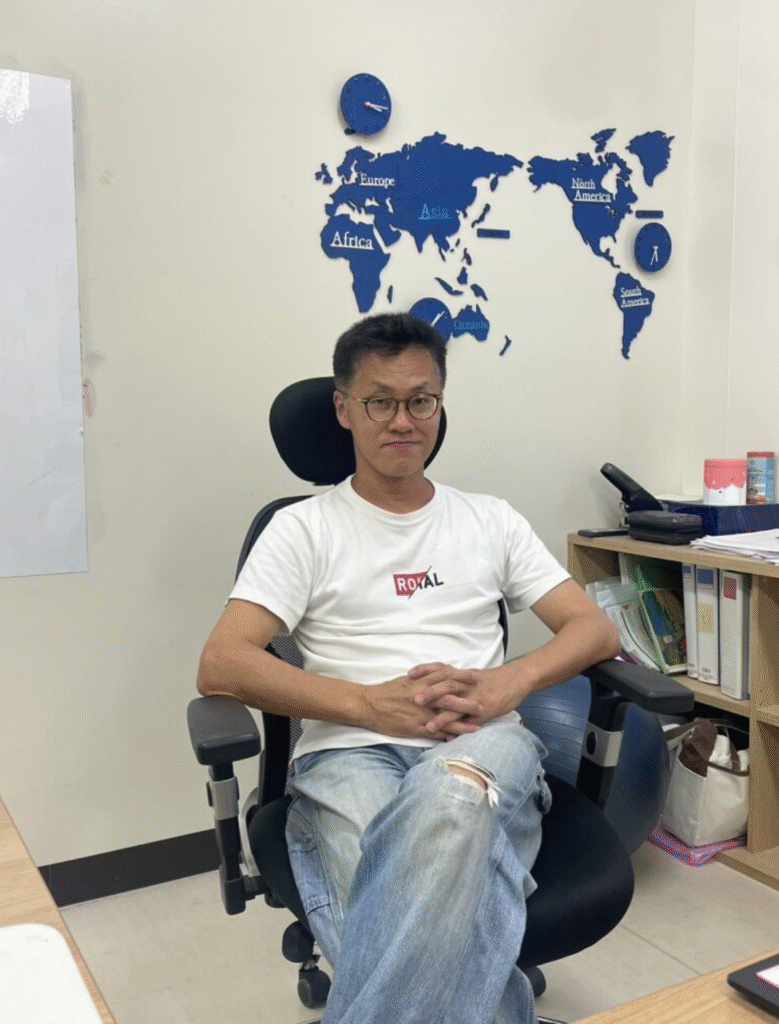
President Hiratani san of Takasago Fluidic Systems is a business leader with extensive overseas experience, having studied in America in 1999 and worked in France from 2013 to 2017. Reflecting on his time when “he could barely speak English but jumped into America with just a guidebook,” Hiratani san gained confidence that “you can manage somehow even without speaking the language” through his experience managing a French team as the only Japanese person in France.”Persistence is more important than intelligence!” Hiratani san’s words carry strength and conviction. When he held a recruitment seminar at an Indian university, an impressive 175 out of 230 participants applied, demonstrating his character and enthusiasm.
This overseas experience forms the foundation of the company’s unique approach to hiring Indian talent. Hiratani san emphasizes that “recognizing what you cannot do and thinking through how to overcome it yourself is crucial,” believing this leads to valuable skills.
The Innovation Through Diversity Philosophy
President Hiratani san’s reasons for recruiting Indian talent are clear. Based on his belief that “innovation comes from diversity! True innovation can never be born in a workplace with only Japanese people,” he actively involves young people, women, and foreigners, emphasizing discussion from diverse perspectives.He specifically highlights educational background differences as a reason for focusing on Indian talent. “In Japan, we learn self-restraint, meaning to conform with everyone, but in India, they learn self-assertion, meaning how to express themselves,” he explains, believing this difference leads to new value creation.He also highly values Indian talent’s mental toughness and ability to tackle new challenges. “Even in difficult situations like overseas expansion and price competition, they overcome challenges with their inherent toughness. Their ability to dive into new projects is truly reliable,” he describes their actual workplace performance.
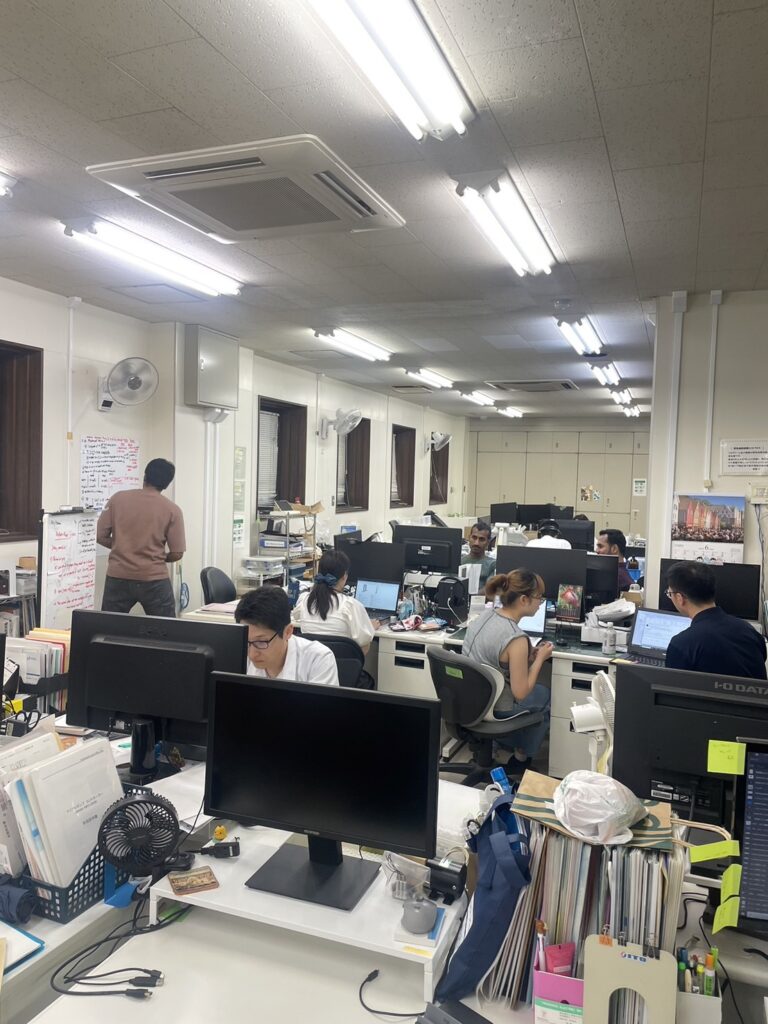

Comprehensive Support System: From Application to Integration
Takasago Electric’s support system begins before joining the company. From job offers to joining, they conduct online Japanese lessons for about 10 months and create a 50-page English lifestyle guide. This guide covers all necessary information for life in Japan, from opening bank accounts to obtaining credit cards and finding housing.Religious considerations are not overlooked. They have installed prayer spaces in the office and hold explanatory sessions about religion for Japanese employees.
“Of course we teach foreign employees Japanese manners, but it’s important for Japanese people to understand their culture too,” Hiratani san explains. On the first day of work, they pick up new employees at the nearest station by car and eat takoyaki together, showing the company’s warm welcoming attitude.
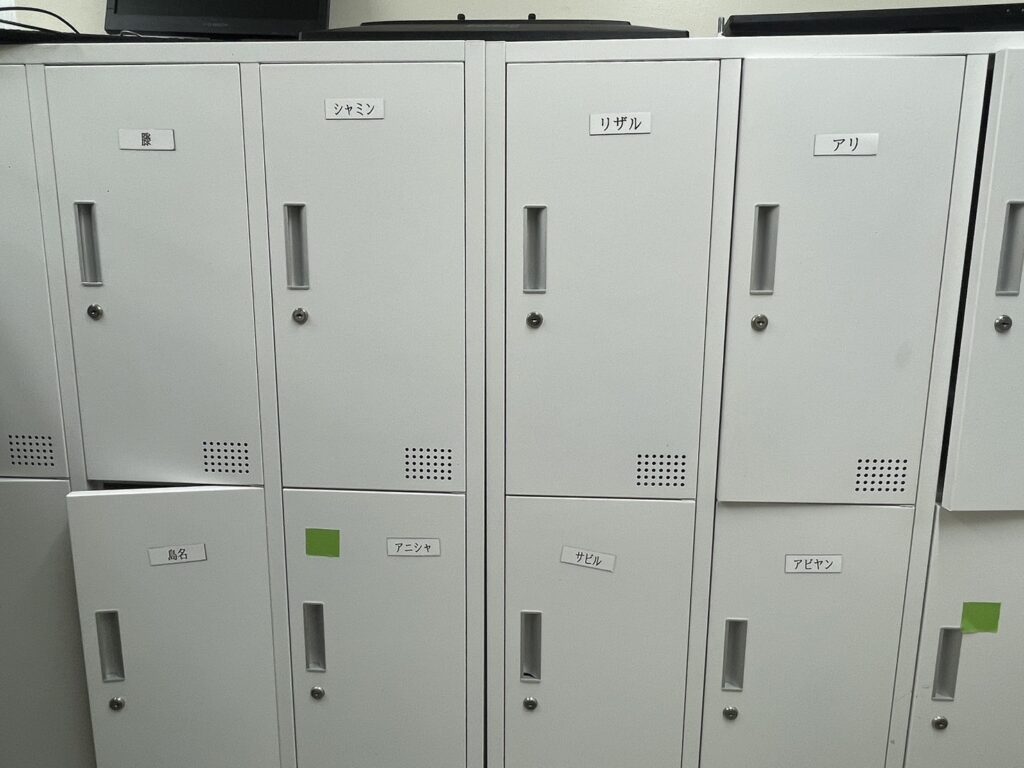
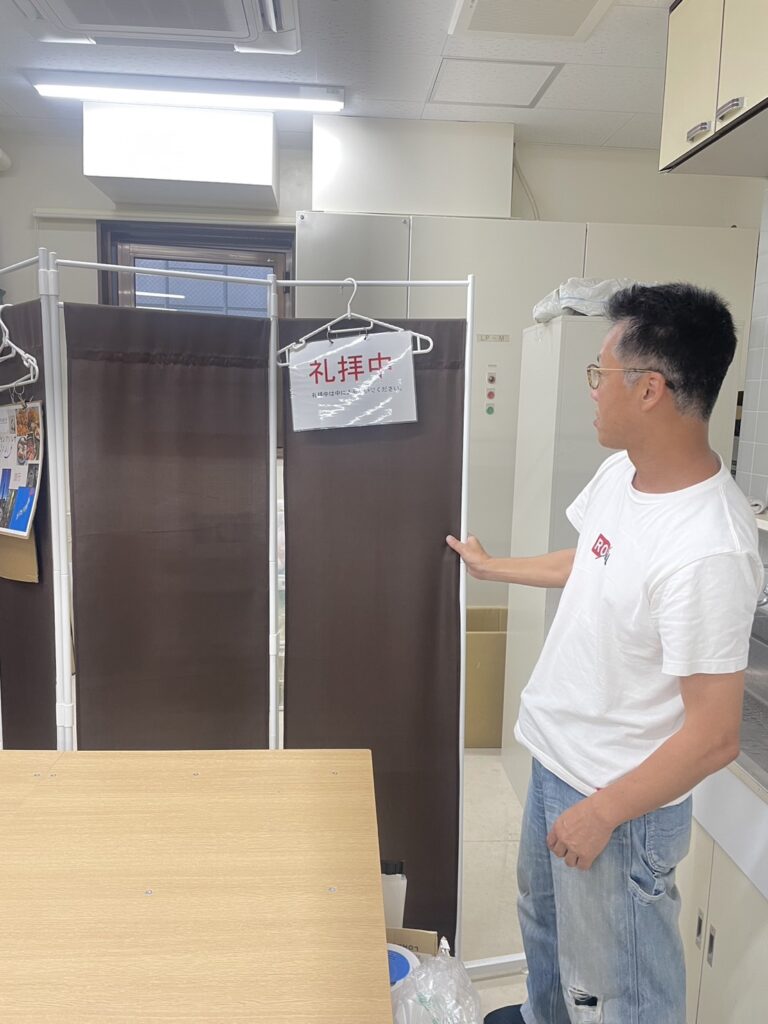
HR Representative Ms. Nakano’s Transformative Challenge
The driving force behind this acceptance framework is HR representative Ms. Nakano. At a midsize company with more than 60 years of history—and only two people in the HR department—she has spent the past three years, since 2022, building a system for hiring foreign talent.Ms. Nakano has taken a multifaceted approach. For managers, she launched training on supervising foreign employees and deepened cultural understanding by having them cook Indian dishes alongside Indian staff. “It’s like a preventive vaccination,” she explains. “Through enjoyable experiences, we nurture appreciation for diversity.” For Japanese employees, she offers English lessons and invites current foreign staff to share their stories, encouraging mutual cultural awareness.Especially striking are the company’s efforts to accommodate religious practices. Beyond providing a prayer space, Ms. Nakano organized sessions for Japanese employees to explain why their colleagues pray. “Not knowing is the biggest issue,” she emphasizes. “Eliminating the anxiety and misunderstandings born from ignorance is essential.” Reflecting on the past three years, she notes, “Hiring foreign talent isn’t a ‘one-and-done’ process; ongoing development is vital. When problems arise, the workplace and HR must cooperate and tackle them proactively.
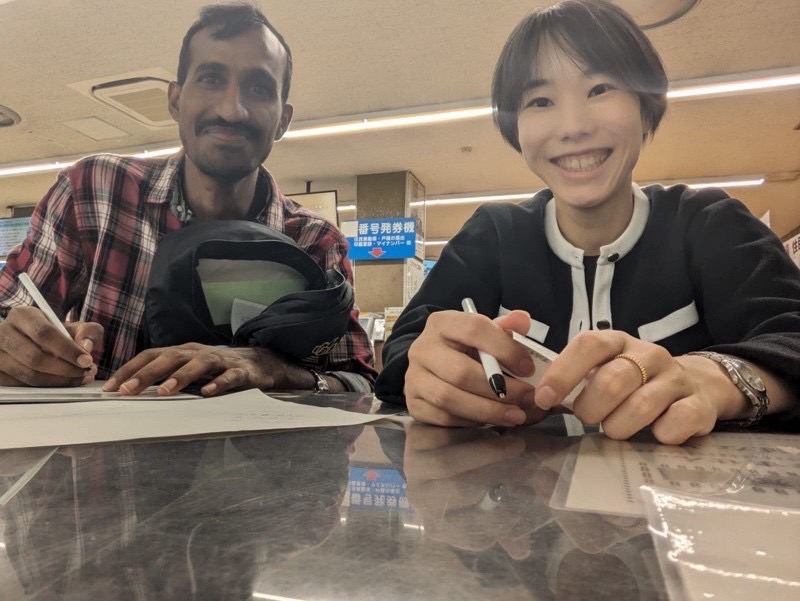
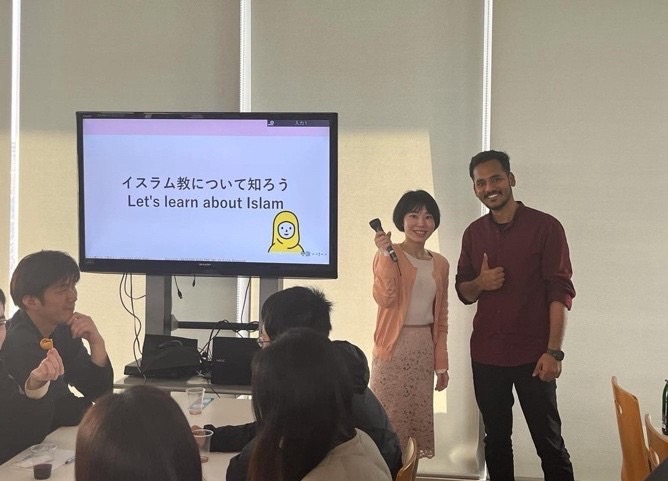
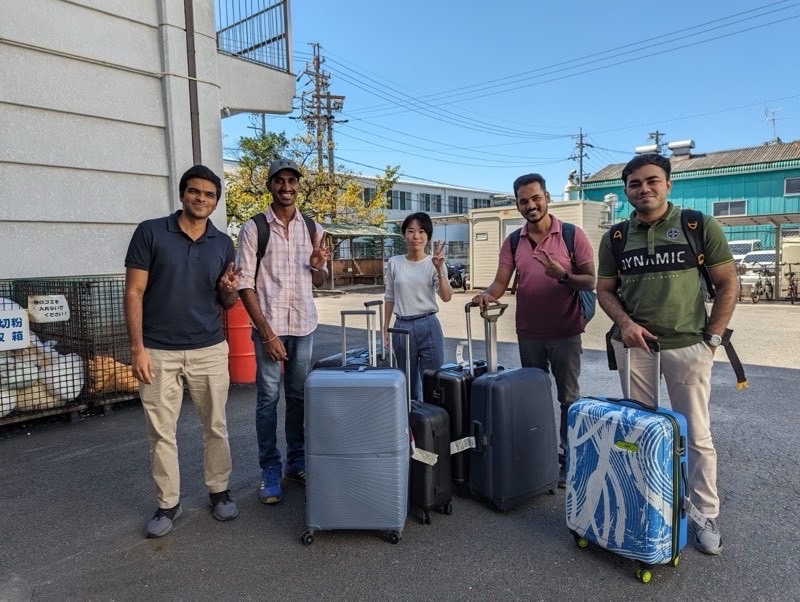
Employee Interview: Sarath’s Daily Life and Honest Thoughts
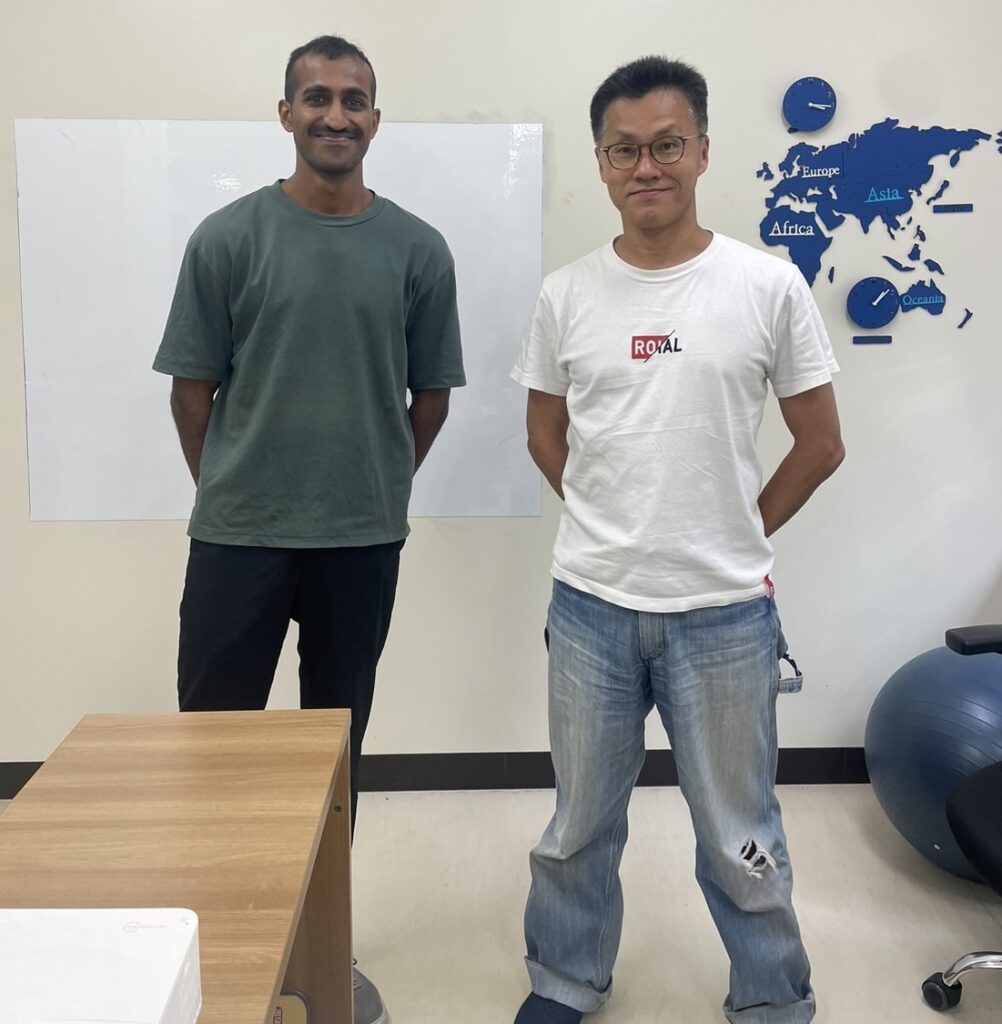
Job Satisfaction and Challenges
Sarath san, a sales engineer from South India, is currently working at the forefront of sales. His Japanese level was N4 when he joined the company, but he is now working toward N2. I wanted to acquire skills in a wide range of technical fields, so I decided that Takasago Denki offered plenty of opportunities to learn. I chose Japan because I wanted an environment where I could continuously grow,” explains Sarath san.
The small number of people at this small-to-medium-sized company allows for a variety of work challenges and an environment that allows for skill development, which is especially suited to those with a strong desire to become independent.
Cultural Gaps and How to Overcome Them
The most challenging adaptation was morning work hours. “I understood Japan’s strictness about time, but when I actually experienced it, I was confused. I was able to adapt gradually by utilizing the flextime system,” he reflects.
There were also interesting experiences with language. “I was troubled by expressions like ‘I’ll go if I can go (If casual, it means not going).’ I was surprised by the existence of cultural nuances that couldn’t be conveyed through direct translation,” Sarath san says with a laugh. He also learned that “scheduling with Japanese people requires 2-3 weeks of advance notice,” deepening his understanding of Japan’s unique communication culture.When asked for advice for Indians wanting to work in Japan, he answered powerfully: “Please apply to Japanese companies actively. Language skills will come later. The most important thing is to challenge yourself first!”
When asked about his family, he shyly shared his feelings: “My parents looked sad, but they’ve been supporting me all along. I want to grow so I can repay them soon.”
Frequently questions
Answers from this article
Q1: What level of Japanese ability is required?
A1:Some N4 level person is sufficient for work. What’s important is learning motivation and human skills. But also Japanese skill is important.
Q2: Are there religious considerations?
A2: We flexibly accommodate needs like prayer spaces and dietary considerations.
Q3: What are the benefits of working at an SME?
A3: Broad work experience, quick decision-making, and close proximity to management are attractive.
Q4: What cultural differences have been challenging?
A4: Time concepts and indirect expressions were confusing, but I adapted gradually.
Summary
What Takasago Electric’s case demonstrates is not the importance of a “perfect support system,” but rather the importance of an “attitude of solving problems together when they arise.” President Hiratani’s words that “persistence is more important than intelligence” will be a great encouragement to Indian engineers.Sarath san’s advice that “language skills will come later. The most important thing is to challenge yourself first” should push many people forward. If Japanese companies aim for true globalization, they need to start by valuing human connections over systems and structures. By recognizing and combining each other’s strengths, new values can be created.
President Hiratani san’s final message to foreigners wanting to work in Japan was impressive: “Many Japanese companies require Japanese language skills. But you don’t need to aim for perfection. Instead, please develop your human skills. Cultivate the ability to respect others, courtesy, and human-like communication. Develop areas where you won’t compete with AI.”Why not start by taking that first step if you’re considering working in Japan? Companies waiting for your challenge will surely be found.
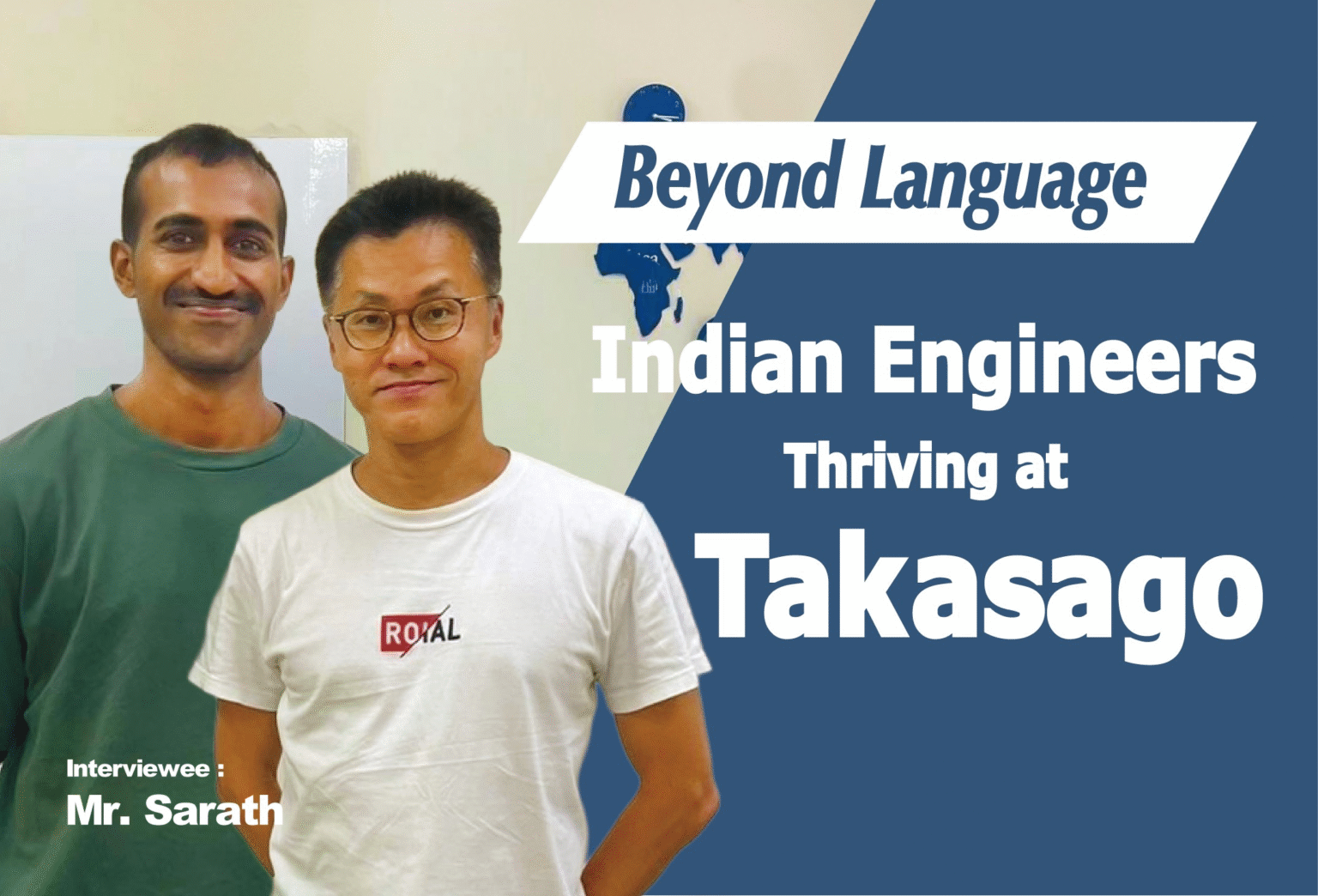
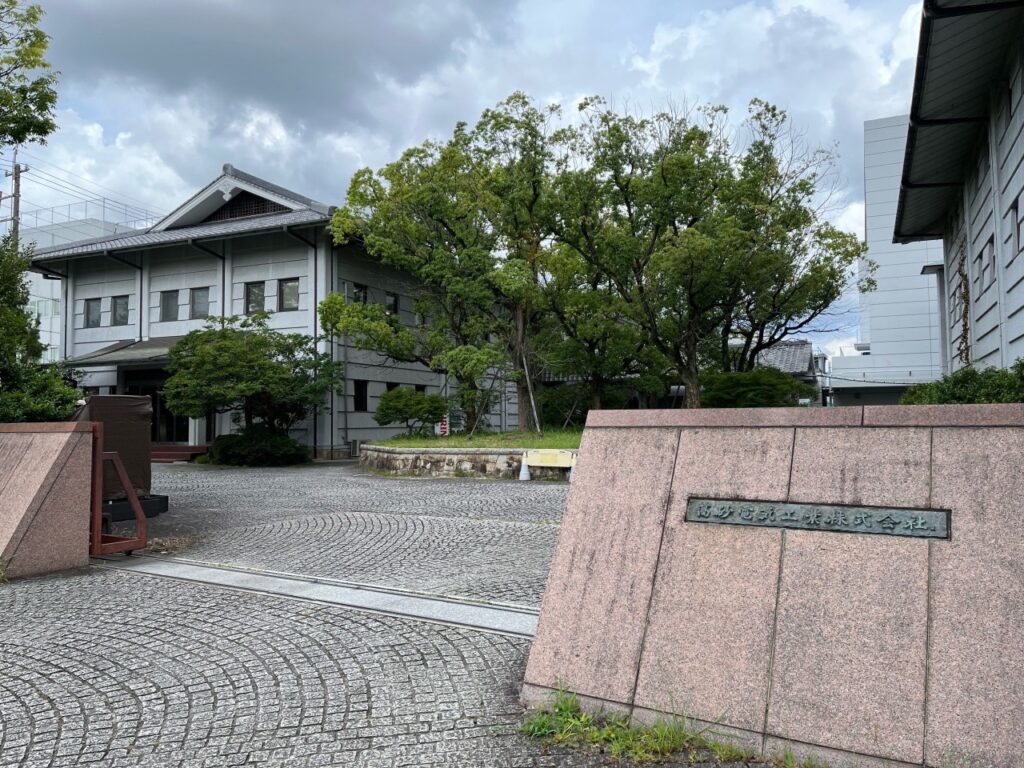


コメント